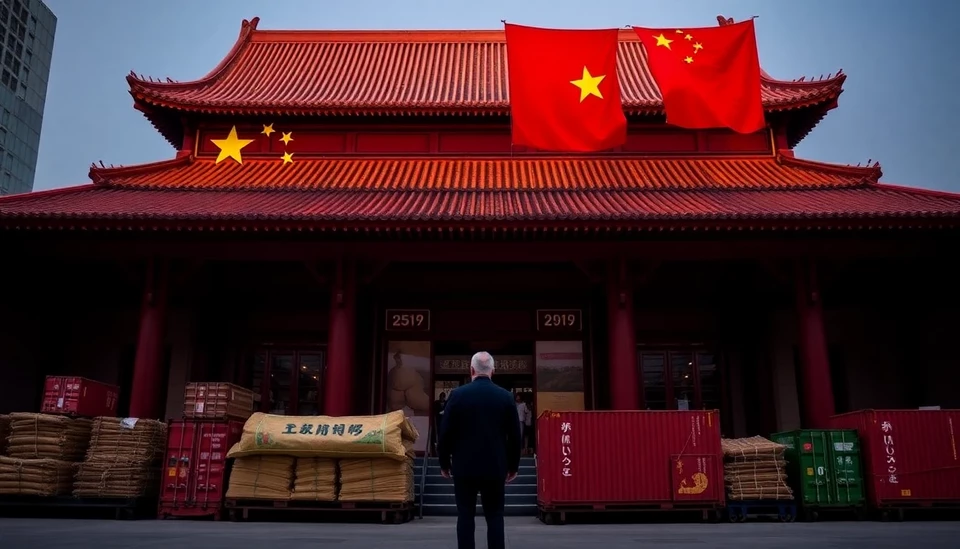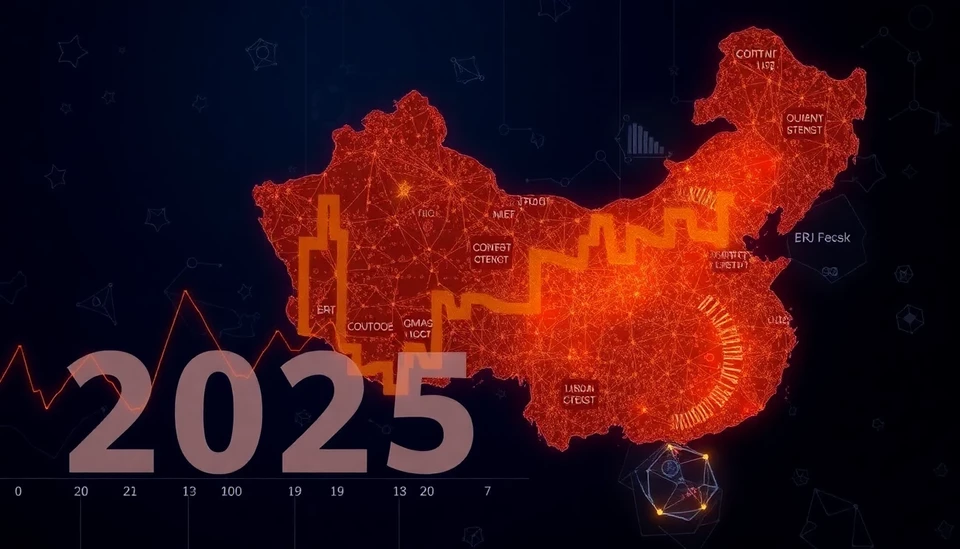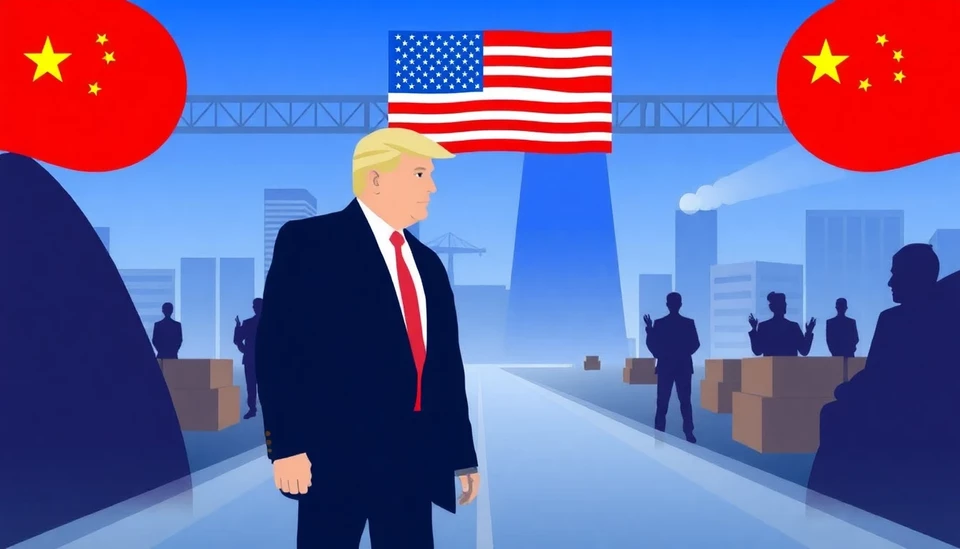
In a recent analysis by the International Monetary Fund (IMF), it was revealed that China's current fiscal strategies may not be adequate to effectively combat the looming risks of deflation within the nation’s economy. This assessment comes at a critical juncture, as the Chinese government is attempting to reinvigorate growth in the wake of a series of economic challenges that have arisen in recent months.
The IMF emphasized that while the Chinese government has implemented various fiscal measures aimed at stimulating demand and encouraging consumption, the overall impact of these actions appears to be insufficient in the face of declining consumer prices and economic stagnation. In particular, the Fund pointed to a persistent lack of consumer confidence, which has been exacerbated by various economic headwinds, including slowing GDP growth and ongoing issues within the real estate sector.
Recent statistics indicate that China's inflation rates have experienced a notable decrease, even dipping into deflationary territory. This trend signals that consumer prices are falling, which can create a challenging environment for both businesses and consumers. Once deflation sets in, it can become a self-perpetuating cycle, where consumers delay purchases in anticipation of even lower prices, further dampening economic activity.
In response to these alarming trends, the IMF has underscored the need for a more aggressive fiscal response from the Chinese government. The organization has recommended a range of potential strategies that could be employed to bolster economic growth and restore consumer confidence. These include increased public spending on infrastructure projects, targeted direct cash transfers to households, and enhanced incentives for businesses to invest and expand.
Furthermore, the IMF has cautioned that failure to address these deflationary pressures could lead to more significant economic consequences, potentially requiring more drastic measures in the future. Experts warn that if consumer prices continue to decline, it might lead to a prolonged period of economic stagnation similar to experiences witnessed in other global economies that have faced severe deflationary conditions.
As China continues to navigate these economic challenges, global observers will be watching closely. The situation presents not only domestic implications but also potential ripple effects across international markets, given China's significant role in the global economy. The IMF’s analysis reinforces the urgent need for proactive measures to counteract the deflation threat and sustain economic momentum.
In conclusion, the IMF's findings serve as a wake-up call for policymakers in China, emphasizing that the current fiscal strategies may fall short unless re-evaluated and intensified. The time for decisive action to avert a deflationary spiral is now, according to the Fund.
#ChinaEconomy #IMF #Deflation #FiscalPolicy #EconomicGrowth #ConsumerConfidence #GlobalEconomy
Author: Daniel Foster




